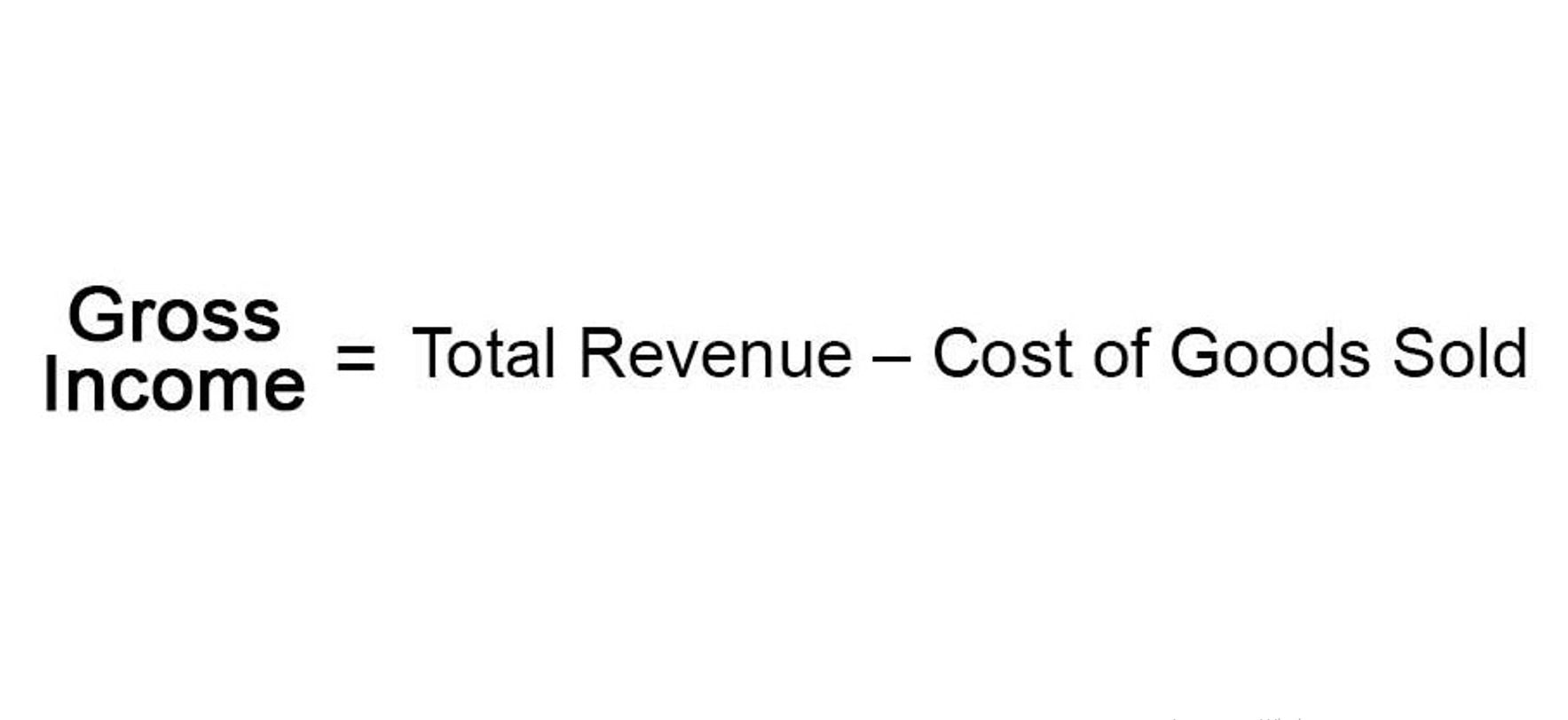What Is Accounting? Definition, Objectives, Advantages, Limitation, Process

In fact, Intuit has spent decades crafting user-friendly financial software that’s just as accessible for non-accountant business owners as it is for corporate accountants. QuickBooks Online’s simple setup and straightforward dashboard make it a great first software option for brand-new business owners. Tax accounting refers to recording and reporting financial information that relates to your business taxes. Crucially, tax accounting ensures you understand your tax liability so you don’t end up owing money to the IRS at the end of the year.
Recording of Monetary Items Only
Cash accounting is a relatively simple and straightforward accounting method that records cash inflow and cash outflow, that is when cash is spent or recovered. The objectivity principle states that when you enter data into your accounting book or your small business accounting software, you only enter verifiable and factual data. accounting meaning Avoid entering data into your accounting software or books that are subjective or based on estimates. Financial statement analysis helps investors, analysts, and internal managers make more informed decisions. However, it is not a science, and even the projections and factors on which it is based do not always show the full picture.
Cash Flow Statement

Our work has been directly cited by organizations including Entrepreneur, Business Insider, Investopedia, Forbes, CNBC, and many others. Our goal is to deliver the most understandable and comprehensive explanations of financial topics using simple writing complemented by helpful graphics and animation videos. This team of experts helps Finance Strategists maintain the highest level of accuracy and professionalism possible.
Role & Responsibilities of Cost Auditor
- The end users of accounting statements must be benefited from analysis and interpretation of data as some of them are the ‘stock holders’ and other one the ‘stakeholders’.
- Examples of assets include cash, inventory, prepaid expenses, accounts receivables, and equipment.
- The person who is contemplating an investment in a business will like to know about its profitability and financial position.
- For double-entry bookkeeping, a bookkeeper will list two transactions for each entry in the debit and credit ledgers.
- This is a promise from the accountant that they‘re not trying to mislead anyone.
The basic objective of accounting is to provide the desired information to the owner as well as to all other interested parties i.e. investors, creditors, employees, financial institutions, government etc. Again, all accounting records are made in terms of money—not in terms of quantity or weight. Hence, accounting records are made only after the goods have been physically received. As a case in point, the devaluation of the US dollar may have no financial implication for a small trader who has no import or export dealings.
- If you studied business, you know that accounting is more than staring at balance sheets all day.
- Accounting is used to communicate financial information in respect of net profits (or loss), assets, liabilities etc., to the interested parties.
- Companies operating under IFRS also have to provide a summary of all their accounting policies.
- The figures in your reports will look different depending on whether you use cash or accrual basis accounting.
- Management accounting, therefore, serves the information needs of the insiders, e.g., owners, managers and employees.
Generally Accepted Accounting Principles (GAAP)

IFRS is seen as a more dynamic platform that is regularly being revised in response to an ever-changing financial environment, while GAAP is more static. Companies engage in financial accounting for a number of important reasons. Moreover, IT integration allows various software systems to work together, providing more comprehensive solutions for accounting needs. This integration ensures seamless data transfer between different platforms, such as invoicing software, payroll systems, and reporting tools. If your business owes debts to a variety of sources, like credit cards, loans, and accounts payable, you’ll have to jump into multiple accounts to check what you’re left owing. You may not be planning to court investors or sell your business right now, but it’s a good idea to leave your options open.
- However, you likely already do a large portion of your business’ accounting yourself.
- With its Live Bookkeeping Service feature, businesses can get a virtual bookkeeping expert to navigate them through the whole accounting and bookkeeping process.
- However, because of the differences between the two standards, the U.S. is unlikely to switch in the foreseeable future.
- The accounting cycle refers to the whole process of recording and processing the company’s financial transactions from when they occur to financial statements and the closing of the accounts.
- Accounting is also considered a science because it is a body of knowledge.
- Accounting professionals like CPAs or tax advisors can also provide you with knowledge and insight that are simply inaccessible to non-accountants.
- It is a reflection of the company’s ability to get sales and manage its financial obligations such as purchases and debts.
By applying various financial metrics and ratio analyses, companies can identify areas for improvement and make informed decisions to achieve their financial objectives. The final stage of the accounting cycle involves audit and compliance. This step ensures the accuracy and validity of financial reports and that the business adheres to accounting standards and regulations. Internal auditors conduct regular assessments of a company’s financial performance, while external auditors provide an unbiased evaluation to validate the financial statements. Accounting is the systematic process of recording, analyzing, and reporting the financial transactions and information of a business.

